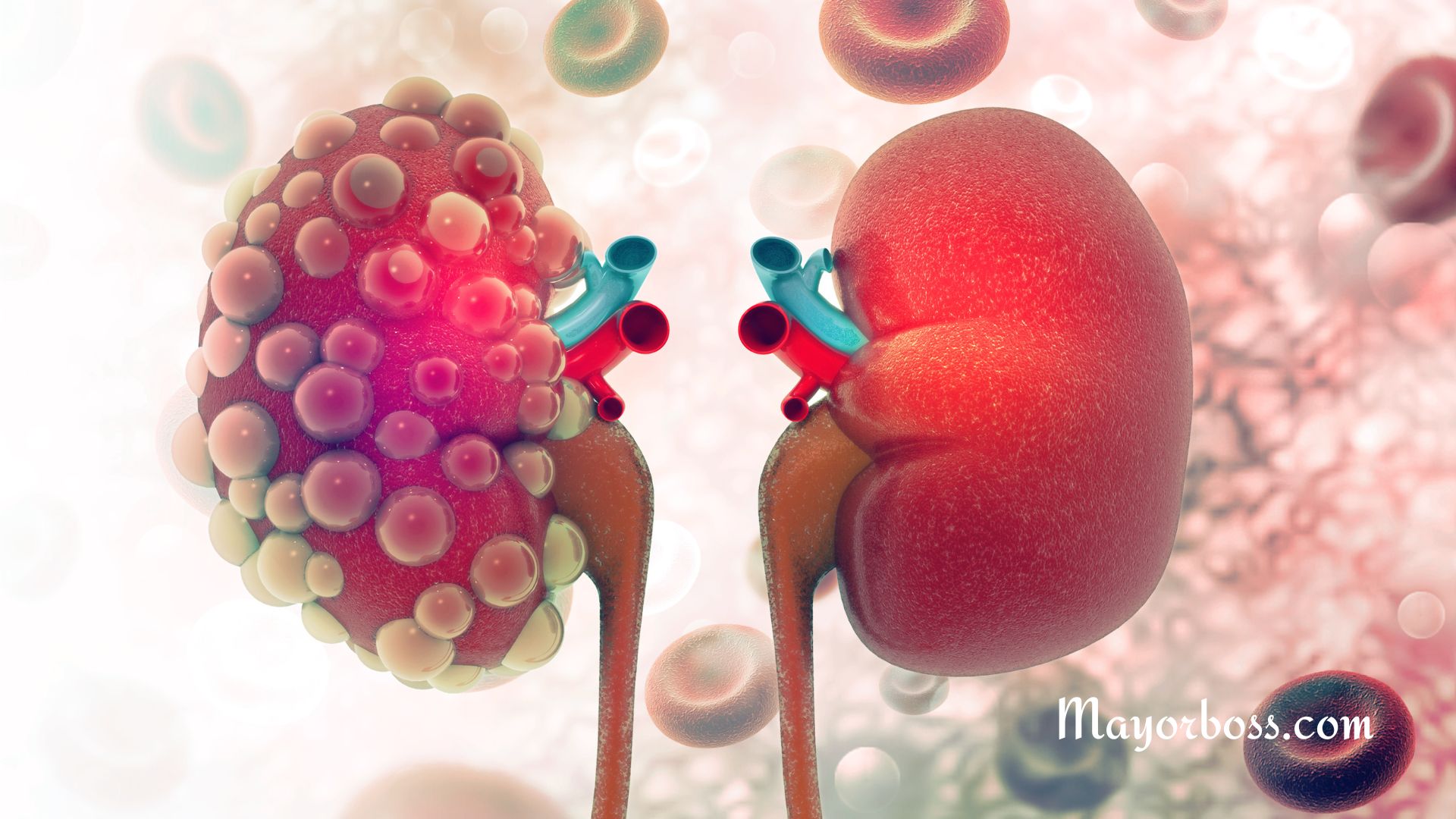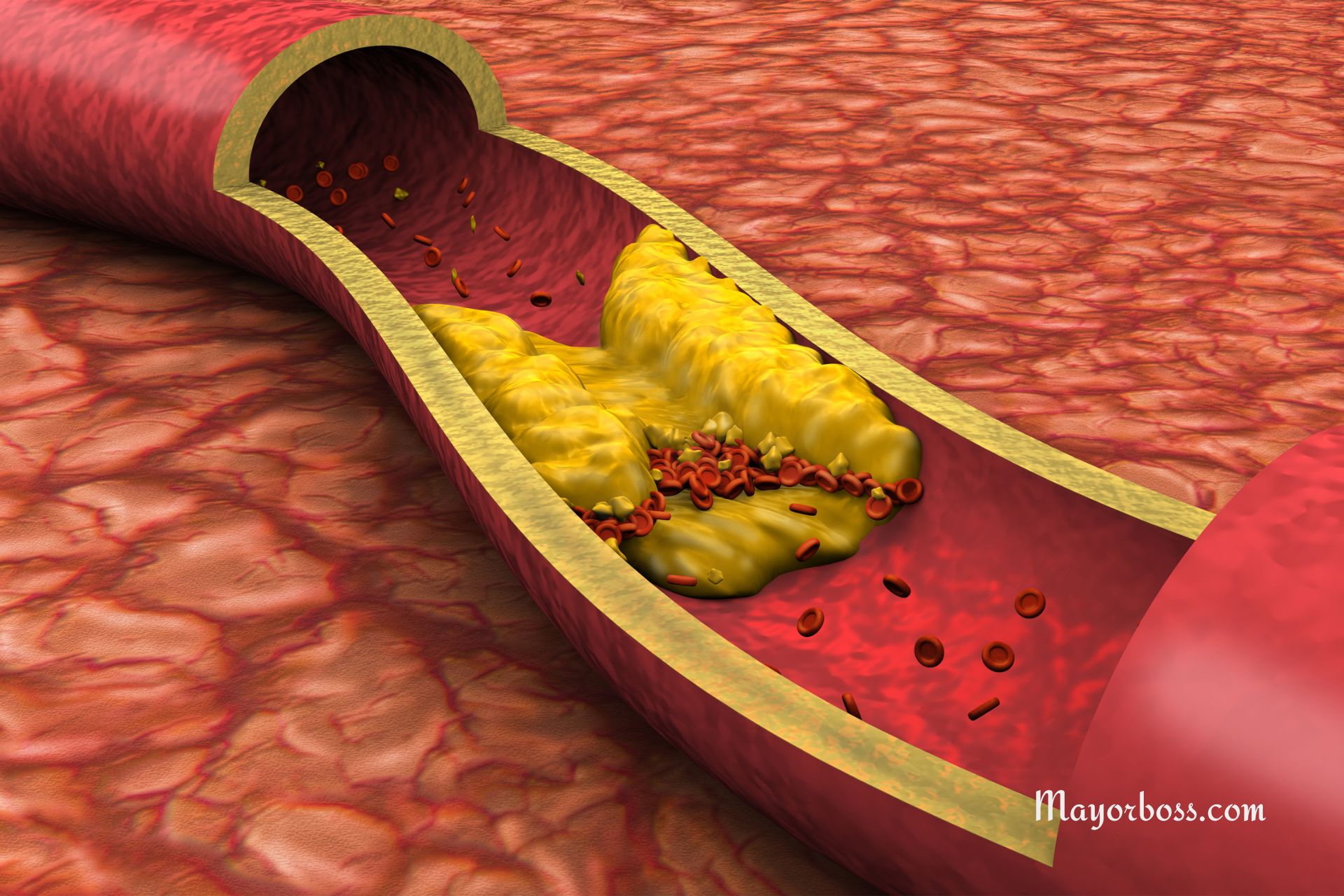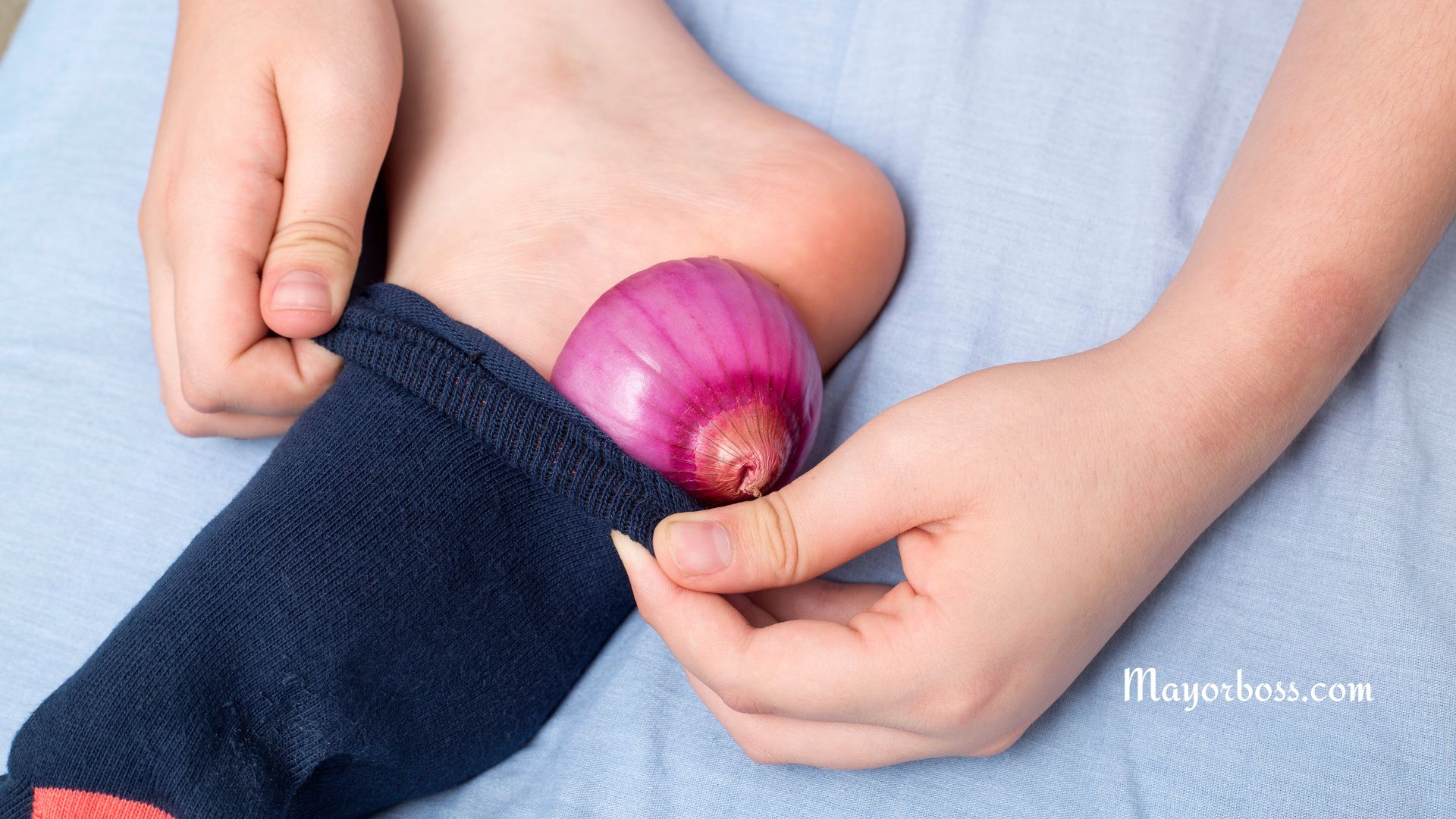6 Harmful Habits That Are Damaging Your Kidneys
Your kidneys are small but powerful organs that work all the time to filter waste, balance fluids, and keep your body healthy. But many people have habits that can harm their kidneys without even knowing it. It’s important to learn what these habits are so you can keep your kidneys healthy and working well. Here are six harmful habits that might be damaging your kidneys without you realizing it.

1. Not Drinking Enough Water
One of the most common habits that can harm your kidneys is not drinking enough water. In fact, there are a lot of studies that show that staying well-hydrated is important for kidney health. Your kidneys need water to filter waste from your blood and get rid of it through urine. If you don’t drink enough water, your kidneys have a hard time doing their job, which can lead to a buildup of toxins. Not drinking enough water for a long time can also increase your chances of getting kidney stones and other problems.
How much water should you drink? It depends on your body size and how active you are, but aiming for about 8 cups a day is usually a good idea. Make sure to drink water regularly, especially when it’s hot outside or when you are exercising.
2. Taking Too Many Painkillers
Over-the-counter pain medicines, like ibuprofen and aspirin, are often used to help with headaches or muscle aches. But taking these too often or in high doses can damage your kidneys. Many doctors are now warning that frequent use of painkillers can put a lot of stress on your kidneys. Painkillers can lower the blood flow to your kidneys, putting stress on them, and, over time, can even lead to kidney failure.
If you use painkillers a lot, talk to your doctor to find other ways to manage your pain. There might be other treatments or lifestyle changes that could help you need fewer painkillers.
3. Eating Too Much Salt
Salt is an important part of our diet, but eating too much can be harmful to your kidneys. Too much salt makes your body hold on to extra water, which raises your blood pressure. High blood pressure can damage the blood vessels in your kidneys over time, which makes it harder for them to work properly. Research suggests that reducing salt intake can help lower this risk and protect your kidneys.
Try to keep your salt intake to less than 2,300 milligrams a day (about one teaspoon). Cooking at home and avoiding processed foods can help you control how much salt you eat and keep your kidneys healthy.
4. Holding in Urine Too Long
When you ignore the urge to go to the bathroom, you put extra pressure on your bladder and kidneys. Holding in urine for too long can lead to bacteria growth, which can cause urinary tract infections (UTIs). There is also a lot of scientific evidence that shows holding urine for long periods can increase the risk of kidney infections. If a UTI isn’t treated, it can spread to the kidneys and lead to an infection that can cause long-term damage, as per experts.
Make it a habit to go to the bathroom whenever you need to instead of waiting for a “better time.” This simple habit can keep your urinary system healthy and prevent kidney problems.
5. Eating Too Much Sugar
A diet high in sugar can lead to obesity, which increases your risk of diabetes and high blood pressure, both of which can lead to kidney disease. In fact, many doctors are now emphasizing the importance of cutting back on sugar to protect kidney health. Drinking a lot of sugary drinks, eating sweets, and eating processed foods can put extra stress on your kidneys and lead to long-term damage.
To protect your kidneys, try to cut down on added sugars. Eat more fresh fruits and whole foods, and try drinking water or unsweetened tea instead of sugary drinks.
6. Not Getting Enough Physical Activity
Your kidneys do better when you exercise regularly. Not getting enough physical activity can generally lead to weight gain, high blood pressure, and a higher likelihood of type 2 diabetes—all of which put extra stress on your kidneys. Research suggests that regular exercise can significantly improve kidney health and reduce these risks. Exercise helps keep your blood pressure at a healthy level and helps your kidneys work well.
Try to get at least 30 minutes of exercise most days of the week. Activities like walking, biking, or even dancing can help you stay fit and lower your risk of kidney problems.
The Takeaway
Your kidneys are important for keeping your body healthy, so it’s a good idea to avoid habits that can harm them. You can see drinking enough water, not overusing painkillers, eating less salt and sugar, going to the bathroom when you need to, and staying active can help keep your kidneys healthy for a long time.
If you think any of your habits might be hurting your kidneys, talk to your doctor. Making a few simple changes now can be super helpful in keeping your kidneys working well.






